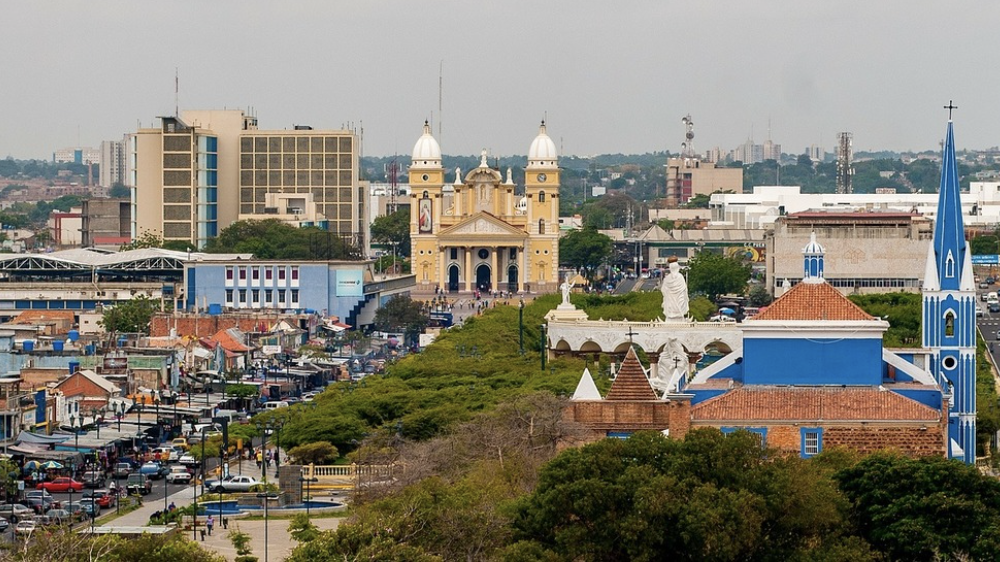2019 Democratic Primary – Part II
Iowa Results Pending due to Technical Difficulties-
February 4, 2020
Here is a look at the rest of the contenders for the Democratic Presidential Nomination:
Former mayor of New York City, Michael Bloomberg, recently entered the race, personally fully funding his own campaign, running $78 million in ads. Despite his controversies surrounding the “stop and frisk policy,” he will have an even more difficult time trying to win votes in Super Tuesday states without being on the ballot in the key early-voting states (New Hampshire, Nevada, and South Carolina). Yet, Bloomberg has won key endorsements from numerous small-town mayors. Bloomberg touts his substantial contributions to Democratic candidates winning Virginia legislative districts and to nonprofit organizations that advocate for stricter gun laws. Bloomberg may be seen as too moderate in this field, considering his right-leaning approach to the economy, yet many Democrats believe that it would help win over independent voters in the 2020 general election which is crucial against President Trump. Bloomberg has made the NRA and climate change signature issues of his campaign.
Minnesota senator, Amy Klobuchar, with her strong debate performances, may be falling behind in the national polls, but believes, however, she can win big in Iowa. Klobuchar, known for her extraordinary questioning of Supreme Court Justice, Brett Kavanaugh, remains in an uphill battle to win votes from the left. She can be criticized as too moderate on an array of issues. Klobuchar has faced recent controversy over her behavior with volunteers and campaign staff which has destroyed her “Minnesota Nice” persona coming into the race. Despite her low polling numbers in Iowa, Klobuchar is distinguished from the other candidates as someone who can win the midwest, which is strategically important for the Democrats in the national election. Klobuchar’s signature issues are lowering prescription drug costs and fighting the opioid crisis which she has championed in her own state as senator.
Former tech executive, Andrew Yang, who has based his campaign on his signature promise, $1,000 to every US citizen over the age of 18 years old. Yang may not have made it to the last debate, but he has still led a strong campaign raising $9.9 million in the third quarter, a significant amount of money. Yang has sparked a revolution of many younger voters who call themselves the “Yang gang” but is struggling to gain traction in early voting states which will affect his overall campaign. Yang directs his campaign on issues that will impact the US in the future such as economic inequality, automation, climate change, China, technology. But, Yang has largely made universal basic income the core of his campaign.
-In addition to Bloomberg, there is another billionaire in the race: former hedge fund executive, Tom Steyer, who is running a strong campaign. Spending $47 million of his own money on his campaign, Steyer has recently been awarded high poll numbers in early voting states, Nevada and South Carolina which had landed him a spot on the debate stage and putting his name on the national spotlight. Steyer is notable for his petition to impeach Trump well before the House impeached Trump. Steyer’s views mainly align with the moderates of the party however he staunchly believes in the wealth tax and getting money out of politics (like Warren). Furthermore, over his campaign, he has frequently concentrated on climate change.
The Democratic primary starts in Iowa where the state holds a caucus February 3rd. A caucus is different from voting where instead of privately voting at a polling booth, people are directed to publicly support their candidate. This is the first state to vote for a nominee and greatly helps a candidate build their momentum into the race. In 2008, Barack Obama defeated front-runner, Hilary Clinton in Iowa which dramatically changed the race from there. So who is winning? According to Des Moines Register polls, Bernie Sanders takes the lead with 20%, followed by Warren with 17%, Buttigieg with 16%, and Biden with 15%. So, Iowa still remains very close with no clear winner.
Although several candidates will remain in Iowa for the caucus, many who have a role as a senator will have to sit in on the Senate impeachment trial which can drastically change the election. This is the first-ever time in history that a President is being impeached during his reelection campaign and can greatly change the outcome. Senators, Bernie Sanders, Elizabeth Warren, and Amy Klobuchar will have to go back to DC to make the impeachment hearing.
The next three states to vote in February are New Hampshire, Nevada, and South Carolina. These four states are closely looked at as they are early voting states and usually determine the front-runner going further into the primary. Next is Super Tuesday where 14 states will hold primary elections to pick the nominee. This all will take place on the first Tuesday of March. And, it is a very crucial moment for the race as 52 delegates will decide candidates on that one day.
After three months of state voting, more than 3,500 delegates officially will decide the nominee during their party convention in the summer. This year the Democratic convention will be held in Milwaukee, WI while the Republicans will hold their convention in Charlotte, NC. Both locations happen to be “swing states” which the parties hope their candidate will gain in the election. The candidate with the most delegates is nominated and will run against Trump in the election this November.
Sources:
https://www.washingtonpost.com/politics/2019/11/18/whats-happening-election/
https://www.newsweek.com/democratic-presidential-primary-year-review-1479091
https://www.cnn.com/election/2020/candidates
https://www.nytimes.com/news-event/2020-election
https://www.politico.com/2020-election/democratic-presidential-candidates/endorsements/



























